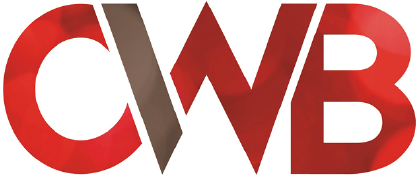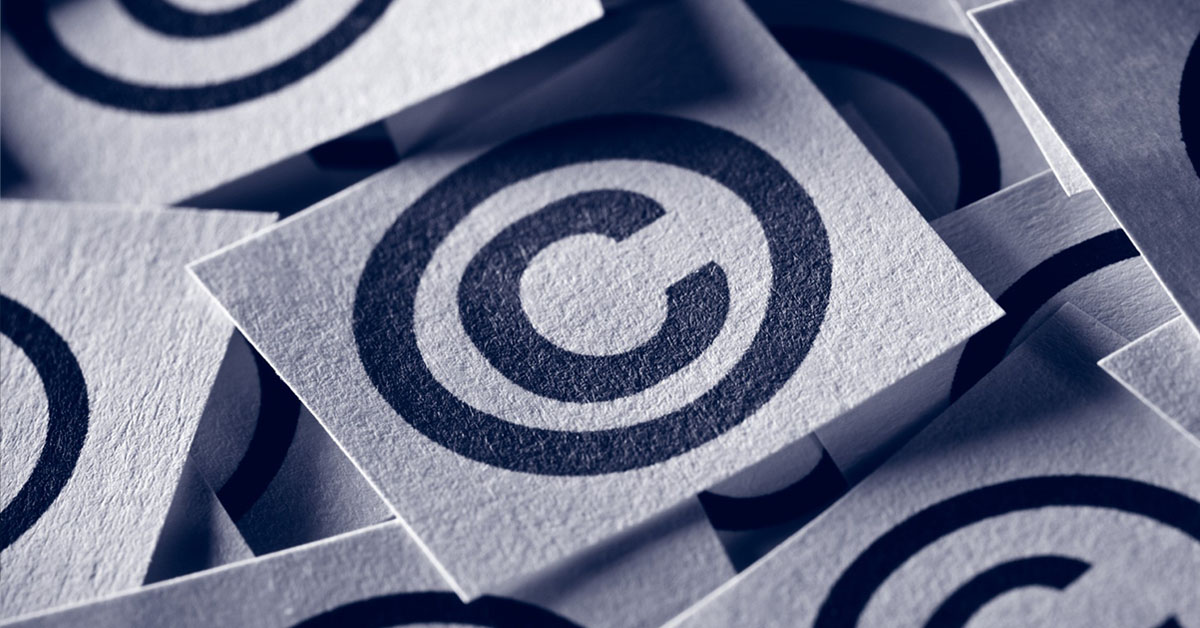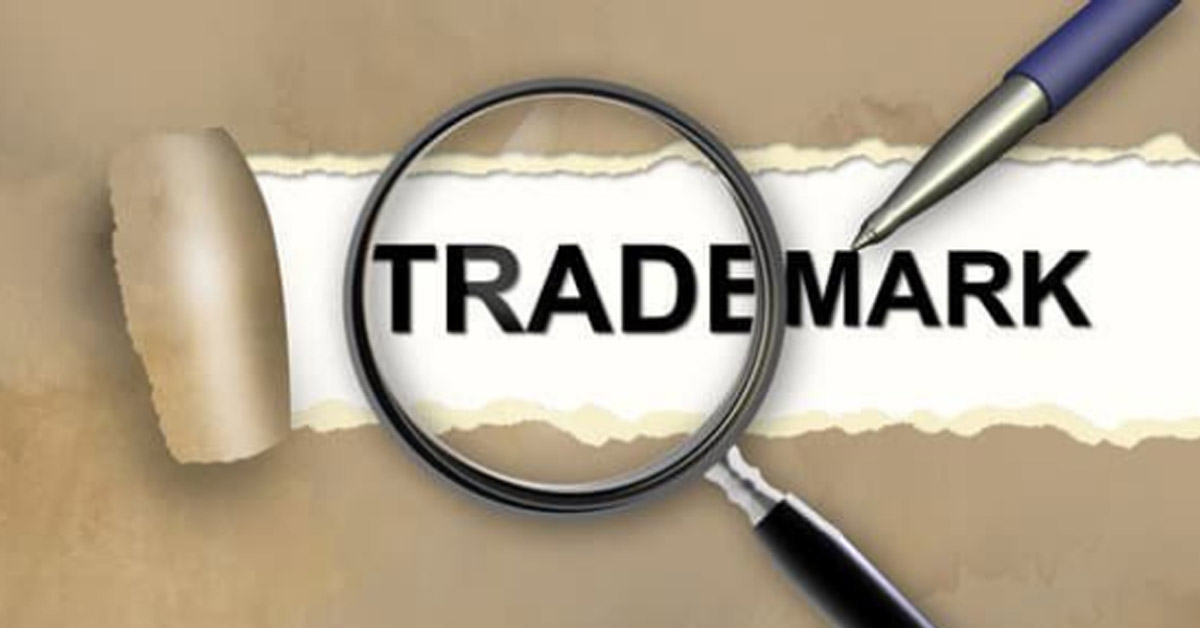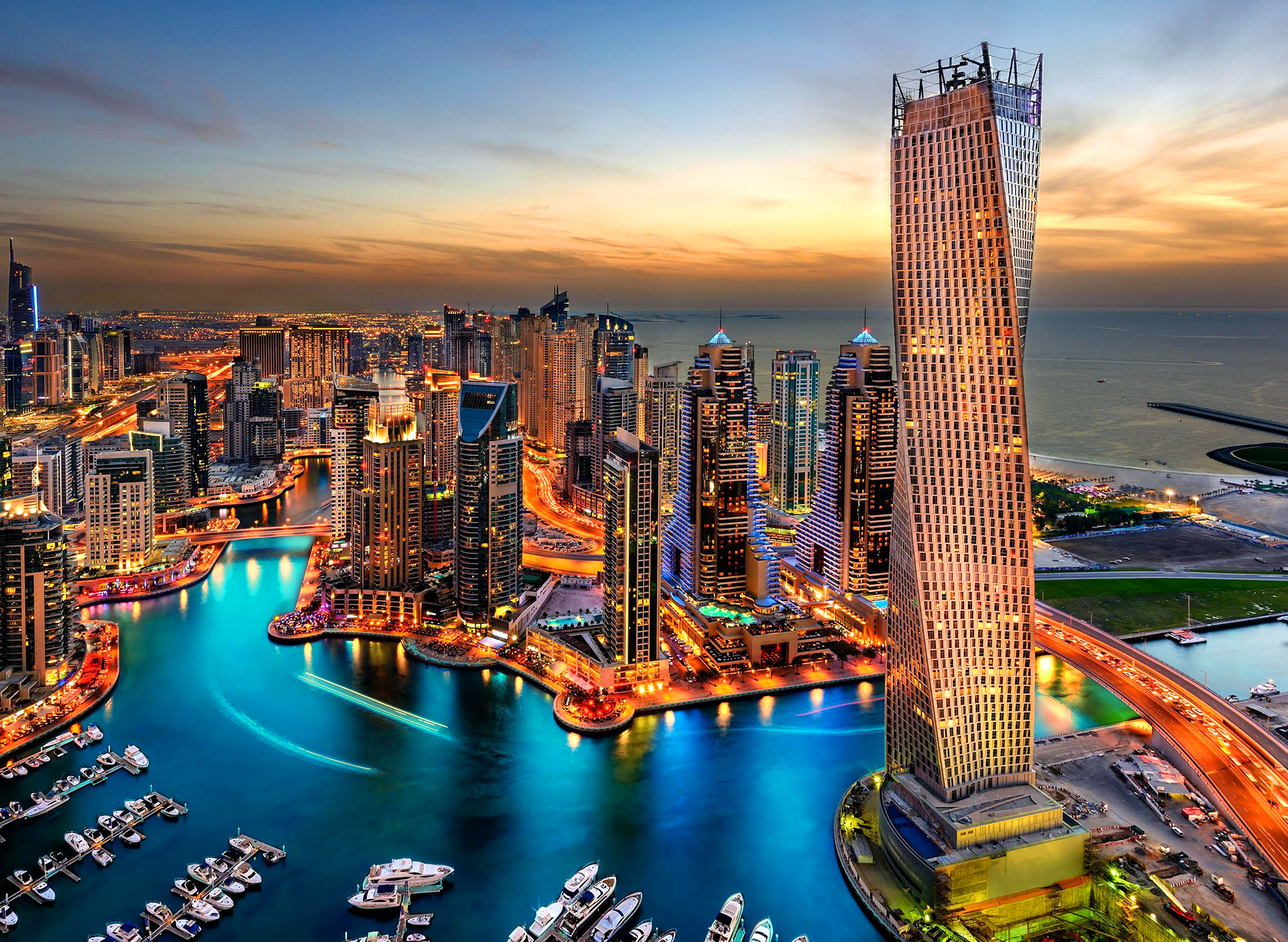 By Tamara El-Shibib and David Harper, Cedar White Bradley IP LLC
By Tamara El-Shibib and David Harper, Cedar White Bradley IP LLC
If you are interested in protecting your technology in the region, the question shouldn’t be where to patent your technology but how.
Any idea capable of demonstrating a degree of inventiveness and novelty is potentially patentable. In addition to higher profits gained from dominating a market, a strong patent portfolio can provide access to complementary technology and new markets. For those looking to develop or commercialise their technology in the Gulf Cooperation Council (GCC) region, understanding the options for securing patent protection is key.
There are three routes to securing patent protection in the GCC, each differing in cost and length. An application can be filed at the national patent office of any GCC state; through the international Patent Cooperation Treaty (PCT) filing system; or at the regional GCC Patent Office.
Filing at a national patent office in the GCC
All GCC states have a national patent office which is generally located in a ministry department and handles IP registrations. Official fees are published on the ministry websites. In all cases, a local patent agent must be appointed to file national applications. A full copy of the application in English is required at the time of filing, with Arabic translations late filed. The average time from filing to grant is three to four years however this can vary greatly among the national patent offices.
Filing through the PCT
The PCT is an international patent filing system administered by the World Intellectual Property Organisation (WIPO). By filing a single international application under the PCT, applicants can simultaneously seek protection in a large number of countries (153 member states) simplifying the filing process and eliminating the high cost of meeting translation and legalisation requirements in every state.
An applicant filing through the PCT system can submit the application to any PCT ‘Receiving Office’ or directly to the International Bureau (IB) at WIPO. Currently in the GCC, the Patent Offices of Bahrain, Qatar, Oman and Saudi Arabia are listed as Receiving Offices for international applications.

At 30 months from filing, the application enters the ‘National Phase’ at which time the applicant must confirm the countries for protection by forwarding the application to the designated patent offices and meeting the relevant national filing requirements.
As of September 2016, all six GCC states are members of the PCT so an application filed through the PCT system can designate all GCC states for protection. Although all the GCC states are members of the PCT, the GCC Patent Office is not a member of the PCT.
Patents are territorial, although they can be granted by national or regional patent offices, enforcement is only on a national basis. The protection afforded by a patent is the same regardless of the filing route chosen. A patent in the UAE has the same protection whether it was filed at the UAE patent office, through the PCT system or at the GCC patent office.
Filing at the GCC Patent Office
The GCC Patent Office is a regional patent office based in Riyadh established under the GCC Patent Regulation in 1992. The Office receives and examines GCC patent applications which, upon grant, are purportedly valid in all six GCC states. Although the GCC official filing fees are higher than those of the national offices, applicants have the benefit of a unified filing and examination process. Long-term costs are also reduced as applicants pay one set of annuity fees. In addition, the GCC Patent Office has been speeding up its examination procedures in recent years with some applications being granted in as little as 18 months.
In short, filing and maintaining a patent portfolio is a major investment. An applicant’s filing strategy should largely depend on whether they wish to exploit the patent for commercial or defensive purposes, the value proposition, patenting budget, and market entry strategy. Although the PCT route is more expensive, many applicants opt to go down this route because of the automatic designation of member states and the valued International Search Report (ISR) published after 18 months. The PCT route also gives applicants more time to designate countries for protection, delaying the associated national filing costs.
Given the size of the individual GCC markets and their similar demographic and geographic characteristics, a technology that is commercially applicable in one GCC state is likely to be relevant in all GCC states. So, if you are interested in protecting your technology in the region, the question shouldn’t be where to patent your technology but how.
Ultimately, each filing route has advantages for an applicant in terms of length and cost and therefore the decision will largely depend on their overall objectives.

W: www.cwblegal.com
E: dubai@cwblegal.com
E: tamara.elshibib@cwblegal.com
T: (971) 4 381 6825
E: david.harper@cwblegal.com
T: (971) 4 381 6840



















